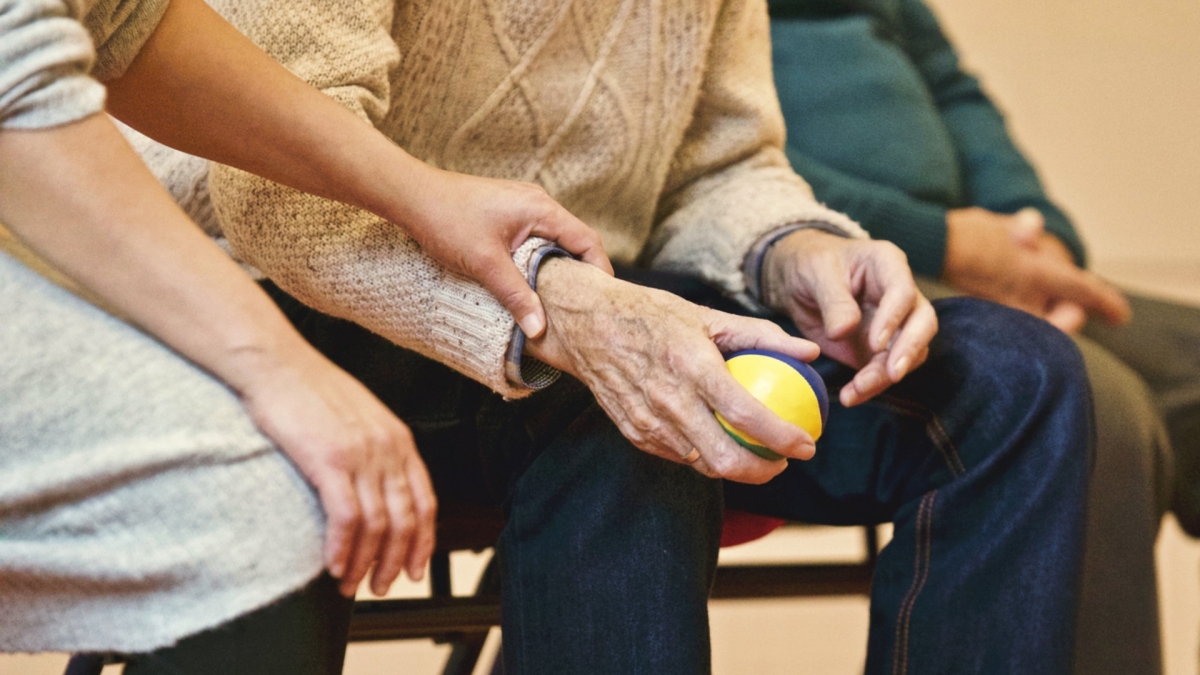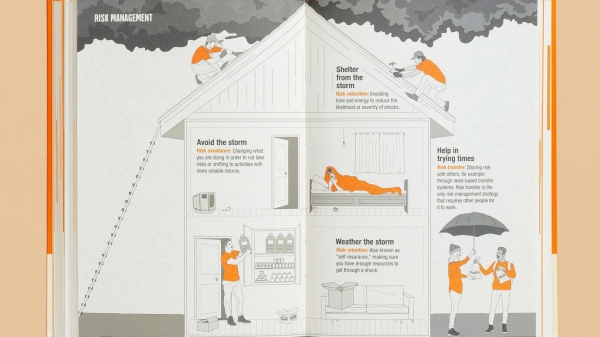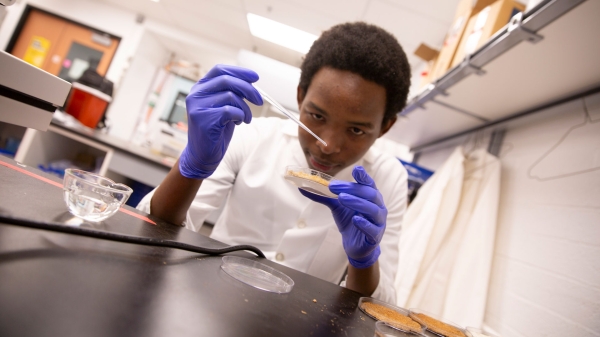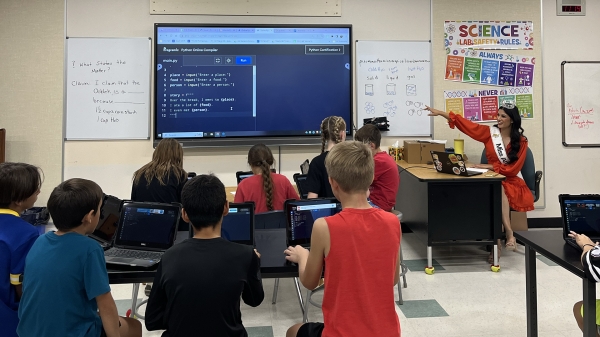Dealing with Alzheimer’s disease while holding on to humanity
New 'Thought Huddle' podcast examines the latest developments in Alzheimer's disease research and treatment

The challenge of Alzheimer’s disease is hard for the patient, painful for the family and, in many ways, still baffling for researchers.
“There is no way to predict the manifestations or the rate of progression of the disease,” said Mary-Charlotte Domandi, host of the ASU Now podcast "Thought Huddle."
In the latest episode, “Alzheimer’s Disease: Holding on to Humanity,” she recounts her own experience with her stepfather who had Alzheimer’s, remembering an unexpected turn in their often contentious relationship when he shared fond feelings.
“Moments of lucidity and awareness are completely unpredictable gifts,” she said. “I know that because I was given a rare and beautiful gift.”
This episode explores how the disease affects millions of people, including more than 5.7 million Americans and nearly 50 million worldwide; the state of research for the prevention and treatment of the illness; and how people’s quality of life can be maintained or even improved.
Among the guests is Morgen Hartford, regional director for the Alzheimer’s Association in southern Arizona, who explains that “as the disease progresses, it will cause different parts of the brain to shut down, including the brain stem.” His assessment is blunt: “Alzheimer’s is a terrible disease, unfortunately.”
Dealing with the disease changes lives, including those of the approximately 16 million Americans caring for afflicted loved ones, according to Hartford. Among them: "Thought Huddle" guest Diego Mastroeni, with the ASU-Banner Neurodegenerative Disease Research Center and ASU’s Biodesign Institute.
“The field kind of chose me … my grandfather had dementia,” said Mastroeni, who is also an assistant research professor in the School of Life Sciences. That diagnosis eventually led him to a research career primarily focused on preventive care. “Alzheimer’s disease really starts in our 20s and 30s. That’s one of the reasons why it’s difficult for us as researchers: How do we treat a disease that started 40 or 50 years ago?”
Mastroeni discusses the notion of “synoptic connectivity” and how the loss of “synaptic plasticity” as we age causes us to lose memory. This can be combatted, he says. “As we age, we become complacent,” he explained, curtailing new activities we’ve never done before and causing our brains not to make new connections.
Take up painting or drawing, learn a new language or pursue some other activity that stimulates the brain. “It’s not about doing something over and over again,” he said. “It’s about doing something different over and over again. That creates more synapses.”
The episode ends with Gary Glazner, founder of the Alzheimer’s Poetry Project, which has chapters across the U.S. He has shown how poetry and singing can have a powerful impact in connecting with Alzheimer’s sufferers and accessing their memories. He tells the story of family members arriving to see their loved one belting out Frank Sinatra’s “Fly Me to the Moon.”
It brought them to tears, Glazner recalls. Such experiences not only can uplift and enliven those afflicted with the disease, it can increase the sense for caregivers that patients who seem completely cut off are “more fully human.”
Find more episodes at thoughthuddle.com.
Top photo courtesy Pixabay
More Science and technology

ASU author puts the fun in preparing for the apocalypse
The idea of an apocalypse was once only the stuff of science fiction — like in “Dawn of the Dead” or “I Am Legend.” However these days, amid escalating global conflicts and the prospect of a nuclear…

Meet student researchers solving real-world challenges
Developing sustainable solar energy solutions, deploying fungi to support soils affected by wildfire, making space education more accessible and using machine learning for semiconductor material…

Miss Arizona, computer science major wants to inspire children to combine code and creativity
Editor’s note: This story is part of a series of profiles of notable spring 2024 graduates. “It’s bittersweet.” That’s how Tiffany Ticlo describes reaching this milestone. In May, she will graduate…